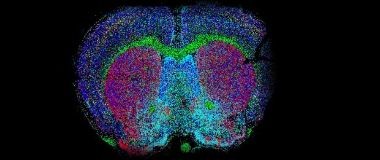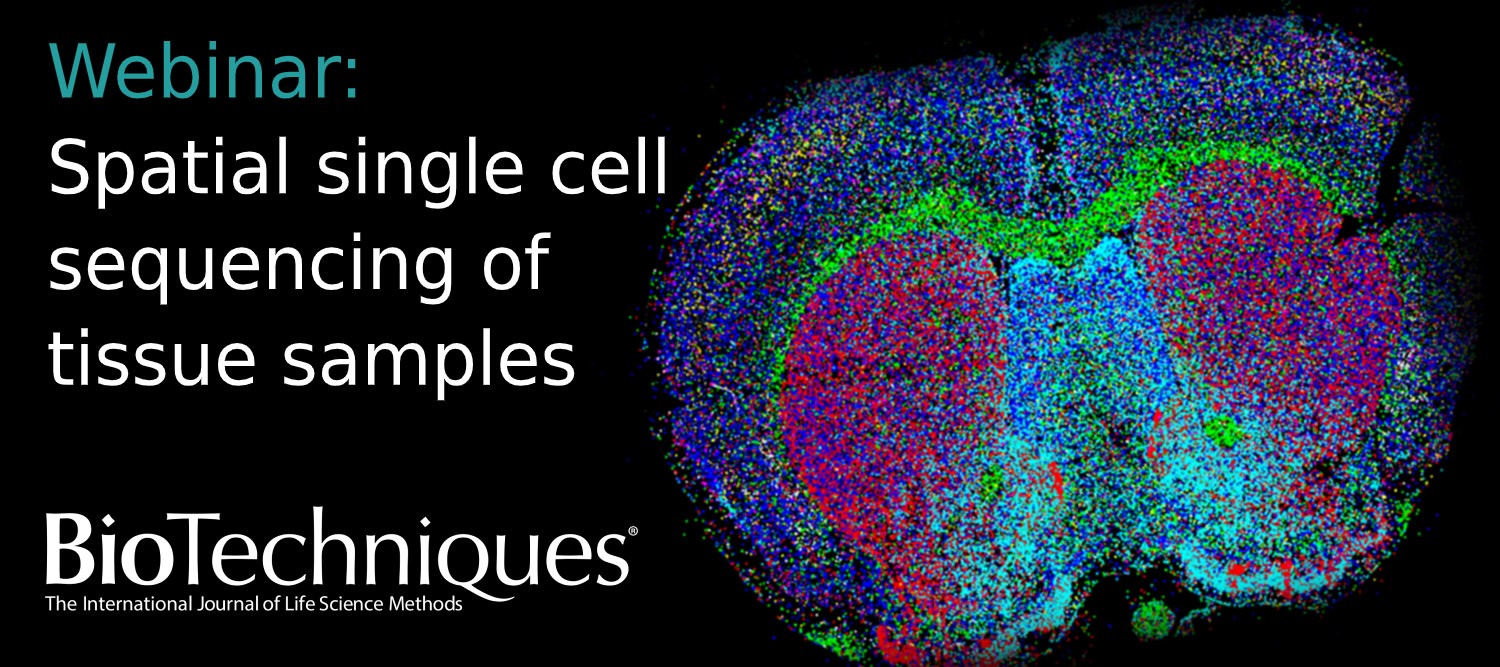Spatial single-cell sequencing of tissue samples

Single-cell analysis technologies have enabled the currently ongoing discovery and classification of cell types in tissues. The next step is to localize the position of these cells and study the spatial relationships within cellular organization of tissues. Our new in situ sequencing (ISS) technology makes it possible to sequence barcoded RNA directly inside tissue sections, fulfilling the need to simultaneously analyze the expression of hundreds of genes within every cell of a tissue section with sub-cellular resolution and high throughput (~10cm2 tissue/week), while preserving the tissue morphology.
CARTANA currently focuses on neuroscience applications and offers kits with customized gene panels and ISS services for brain tissue analysis. The technology, however, also has the potential to be used in other tissues and applications, such as tumors of various kinds.
What will you learn?
- How ISS works and how it enables simultaneous analysis of hundreds of genes.
- How this can help you to discover, map and validate new genetic markers and cell types.
- How ISS data can reveal unknown spatial relationships and organizations of cells within tissues.
Who may this interest?
- Academic scientists (universities, research institutes and hospitals).
- Researchers from pre-clinical drug development or early discovery within Pharma and Biotech.
- Contract research organizations and imaging core facilities.
Speakers

CEO
CARTANA (Stockholm, Sweden)
Malte is a co-founder and the CEO of CARTANA, a Stockholm-based ISS company that makes tissue ISS technology available to the global research community. From the heart of Northern Germany, Malte obtained a Master’s degree in Biochemistry & Cell Biology at the TU Braunschweig (Germany) and Lund University (Sweden).
Malte then joined the Nilsson and Landegren lab at Uppsala University (Sweden), where he obtained his PhD in Molecular Medicine from Uppsala University & Science for Life Laboratory (Solna, Sweden). His work on single-molecule analysis and sequencing technologies is now part of CARTANA’s technology portfolio. With support from Uppsala and Stockholm-based innovation centers, Malte successfully spun out CARTANA from the Nilsson lab, now making ISS, which has been developed in the Nilsson lab over many years, available to the research community worldwide.

CSO
CARTANA (Stockholm, Sweden)
Xiaoyan is a co-founder and the CSO of CARTANA. Xiaoyan obtained her Master’s degree in Applied Biotechnology at Uppsala University and is currently a PhD candidate at Stockholm University. Xiaoyan was involved in the development of probabilistic cell typing by ISS (pciSeq) method, a method to spatially map single-cell RNA-sequencing defined cell types. The focus of her research has been image analysis, spatial statistics, as well as molecule tool development.
This webinar was recorded on 13th June 2019
In association with:

